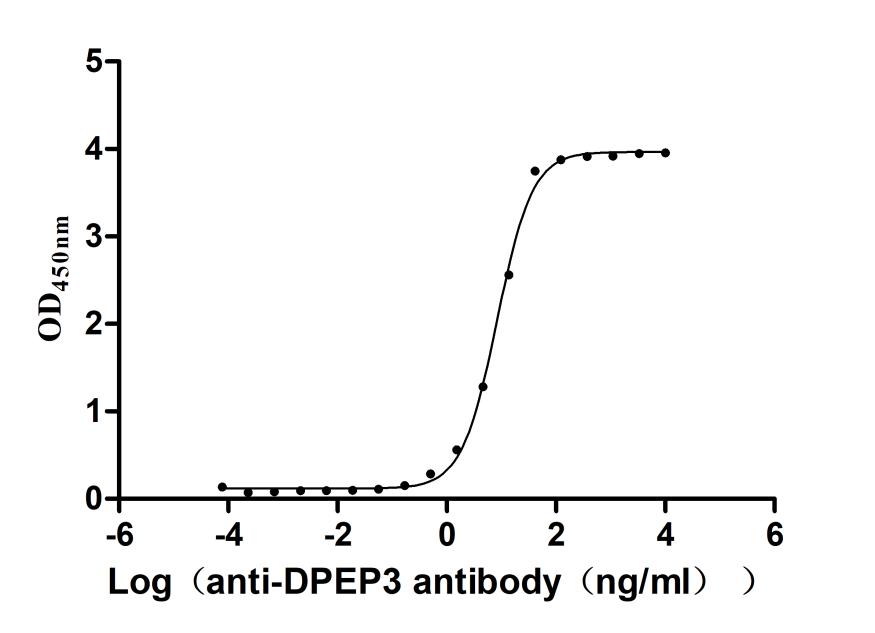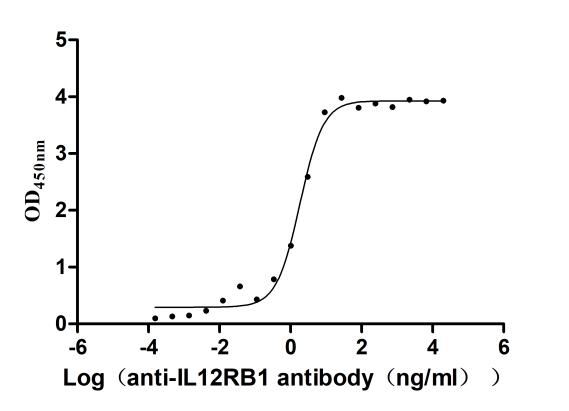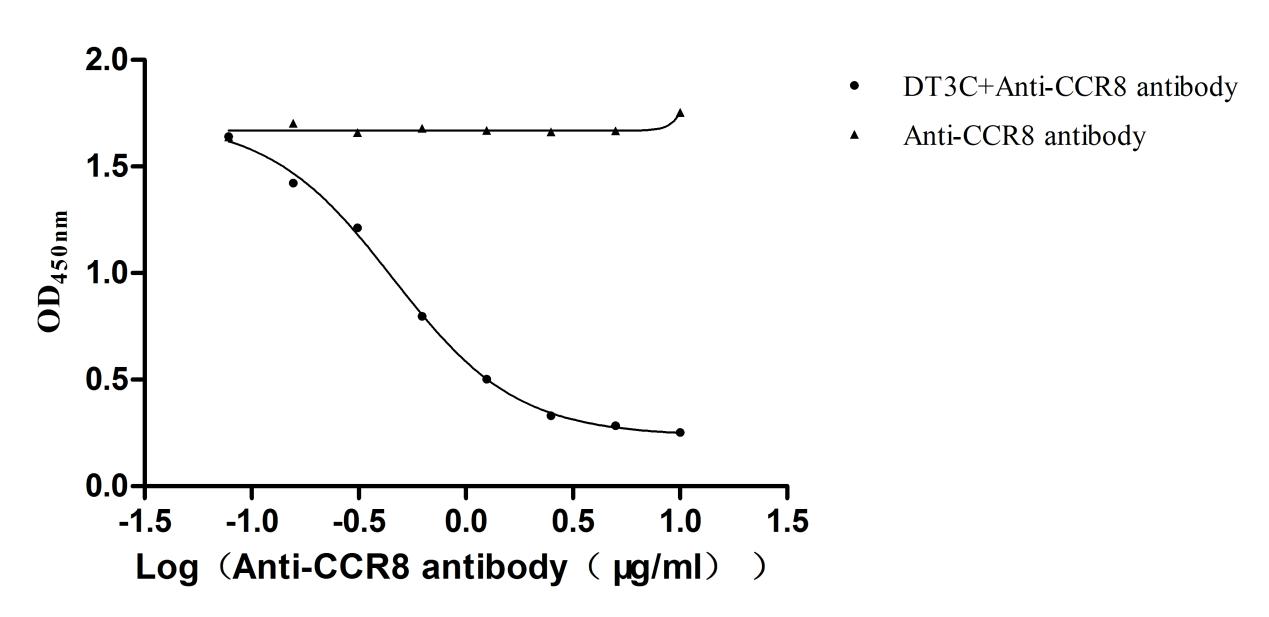Recombinant Tityus serrulatus Beta-mammal/insect toxin Ts1
-
货号:CSB-YP323347TON
-
规格:
-
来源:Yeast
-
其他:
-
货号:CSB-EP323347TON-B
-
规格:
-
来源:E.coli
-
共轭:Avi-tag Biotinylated
E. coli biotin ligase (BirA) is highly specific in covalently attaching biotin to the 15 amino acid AviTag peptide. This recombinant protein was biotinylated in vivo by AviTag-BirA technology, which method is BriA catalyzes amide linkage between the biotin and the specific lysine of the AviTag.
-
其他:
-
货号:CSB-MP323347TON
-
规格:
-
来源:Mammalian cell
-
其他:
产品详情
-
纯度:>85% (SDS-PAGE)
-
基因名:N/A
-
Uniprot No.:
-
别名:; Beta-mammal/insect toxin Ts1; PT-Mice-Ins-beta NaTx6.1; Tityustoxin VII; Ts VII; Ts7; TsTX-VII; Toxin II-11; Toxin III-10; Toxin T2-IV; Toxin gamma; TsTX-I
-
种属:Tityus serrulatus (Brazilian scorpion)
-
蛋白长度:full length protein
-
表达区域:21-81
-
氨基酸序列KEGYLMDHEG CKLSCFIRPS GYCGRECGIK KGSSGYCAWP ACYCYGLPNW VKVWDRATNK C
-
蛋白标签:Tag type will be determined during the manufacturing process.
The tag type will be determined during production process. If you have specified tag type, please tell us and we will develop the specified tag preferentially. -
产品提供形式:Lyophilized powder
Note: We will preferentially ship the format that we have in stock, however, if you have any special requirement for the format, please remark your requirement when placing the order, we will prepare according to your demand. -
复溶:We recommend that this vial be briefly centrifuged prior to opening to bring the contents to the bottom. Please reconstitute protein in deionized sterile water to a concentration of 0.1-1.0 mg/mL.We recommend to add 5-50% of glycerol (final concentration) and aliquot for long-term storage at -20℃/-80℃. Our default final concentration of glycerol is 50%. Customers could use it as reference.
-
储存条件:Store at -20°C/-80°C upon receipt, aliquoting is necessary for mutiple use. Avoid repeated freeze-thaw cycles.
-
保质期:The shelf life is related to many factors, storage state, buffer ingredients, storage temperature and the stability of the protein itself.
Generally, the shelf life of liquid form is 6 months at -20°C/-80°C. The shelf life of lyophilized form is 12 months at -20°C/-80°C. -
货期:Delivery time may differ from different purchasing way or location, please kindly consult your local distributors for specific delivery time.Note: All of our proteins are default shipped with normal blue ice packs, if you request to ship with dry ice, please communicate with us in advance and extra fees will be charged.
-
注意事项:Repeated freezing and thawing is not recommended. Store working aliquots at 4°C for up to one week.
-
Datasheet :Please contact us to get it.
相关产品
靶点详情
-
功能:Voltage-gated sodium channels (Nav) gating-modifier. Acts both as alpha- and beta-toxin, since it affects not only activation but also inactivation of Nav channels (Probable). Binds to Nav domain DII and impairs the four Nav channel voltage sensors movements. Depending on Nav channel subtypes tested, can also bind Nav domains DIII (low affinity) and DIV (very low affinity). Acts on almost all the Nav channels tested (mammalian Nav1.2/SCN2A, Nav1.3/SCN3A, Nav1.4/SCN4A, Nav1.5/SCN5A, Nav1.6/SCN8A, Nav1.9/SCN11A, and insect DmNav1). Is highly active against both mammals and insects. Irreversibly modulates DmNav channels. Other Ts1 activities have been studied, such as immunomodulation, antimicrobial activity or exocrine secretion (Probable). This toxin exhibits an antifungal activity against filamentous fungi. In vitro, it has an important immunomodulatory effect on macrophages by stimulating the release of proinflammatory cytokines. It also shows an activity in exocrine secretion in pancreas, stomach and adrenal gland.
-
亚细胞定位:Secreted.
-
蛋白家族:Long (4 C-C) scorpion toxin superfamily, Sodium channel inhibitor family, Beta subfamily
-
组织特异性:Expressed by the venom gland.
Most popular with customers
-
Recombinant Macaca fascicularis Dipeptidase 3(DPEP3) (Active)
Express system: Mammalian cell
Species: Macaca fascicularis (Crab-eating macaque) (Cynomolgus monkey)
-
Recombinant Human Interleukin-12 receptor subunit beta-1(IL12RB1),partial (Active)
Express system: Mammalian cell
Species: Homo sapiens (Human)
-
Recombinant DT3C (Diphtheria toxin & spg 3C domain) for Antibody Internalization Assay (Active)
Express system: E.coli
Species: N/A















